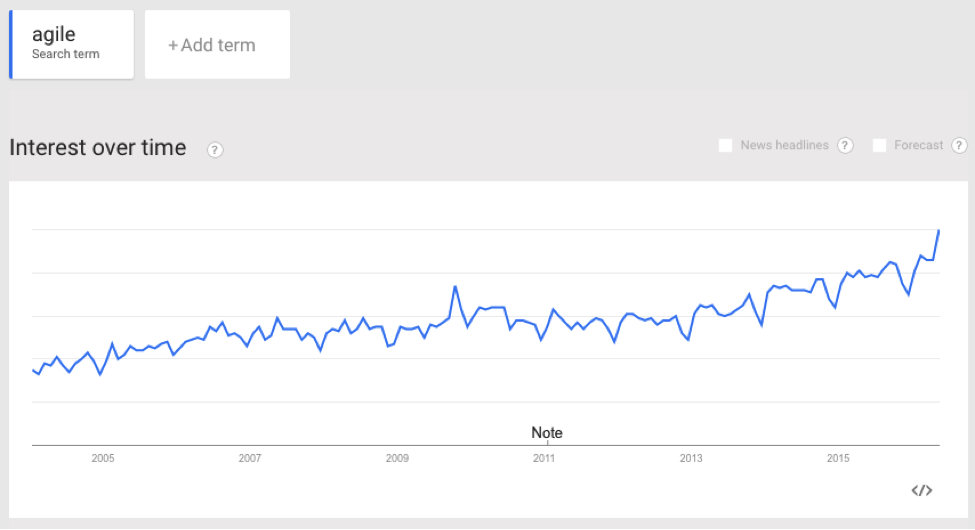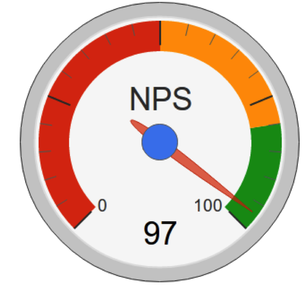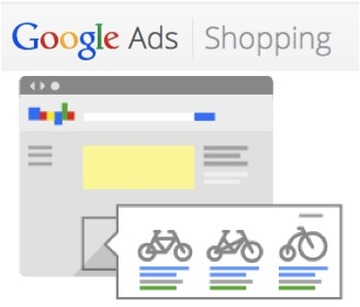
Contemporary marketers are expected to be strategists, authors, technologists, and data analysts. They must write high-level journalistic pieces, build complex marketing ops machines, develop multi-attribution models, write SQL queries to find the optimal marketing mix, and spend efficiently to maximize revenue.
This competency gap has been well-documented, with CMO interviews and surveys, even Google partnering with BCG to form the Talent Revolution Initiative and compute the Digital Capability Index. This problem is not new. It began when the Internet was born over twenty years ago!
So why has there been such a slow transformation in marketing organizations? Are these polymaths so hard to find? The Sage Group CEO is advising for the more realistic goal of finding talent with double superpowers: creative + analytical, leadership + digital acumen, content creation + product expertise, innovation + execution.
Although talent can be found with these skills, organizations like to hire people who can hit the ground running. So more often than not, they hire experience and skills over potential and overall competencies, which can be short-sighted. We can all teach someone to use Google Adwords, but it’s harder to teach someone to be strategic.
If you’re looking to get into digital marketing, which I would encourage you to, or wanting to raise your game, here in my opinion some of the digital marketing skills that are often overlooked:
1: The basics of building a marketing website. More people know how to spend money on Google Adwords -- unsurprisingly, Google has tons of free tutorials on how to spend money with them...-- than understanding what technology makes for a secure, reliable, high-performing website, and how to optimize a website for conversions.
2: Search Engine Optimization (SEO). There are some technical basics (e.g. understanding indexable content, crawlable link structures, title tags, meta tags, and URL structures) but many people overlook the big picture: mapping the buyer’s intent to their search keywords and optimizing accordingly by creating valuable, relevant content on these subjects. There is a near-infinite library of shallow, mediocre content on the web. Knowing a topic in depth takes time and research. Google algorithms are becoming more sophisticated by the day. Smart content ultimately prevails in SEO.
3: How to effectively use major advertising channels. Digital Media Vendors -- Google Adwords, Twitter, LinkedIn, Facebook, and retargeting vendors (Google Retargeting, Retargeter, Criteo, Adroll etc.) and the likes, release new ad products every day. Keeping up to date with their offerings and being creative and strategic on how to align these offerings with the company go-to-market plan are what matters.
4: Mobile optimization. Digital marketers must optimize their paid channel programs and search results for smart phones. People are spending more time on their tablets and their smart phones than their desktop -- actually 65% of their time is spent on mobile vs. deskop as this comscore report shows. The consumer space has adopted mobile marketing technologies and tools at a faster pace than their B2B counterparts. The mobile marketing space is evolving quickly, and staying up-to-date with the latest tools, will keep you ahead of the game.
5: Measure everything; optimize everything. Know how to prioritize what to measure and test, and learn what really moves the needle. One can become quickly overwhelmed with irrelevant sea of data (often provided by digital vendors to justify your dollar spent with them). Pick the KPIs that matter, and yes it might take a little while and a little engineering effort on your part to be able to track it. But that’s what it takes.











 RSS Feed
RSS Feed